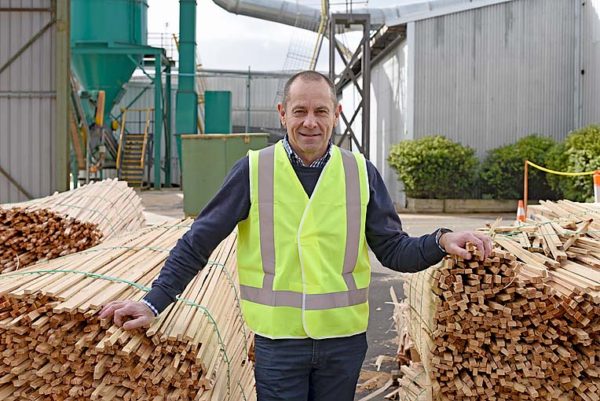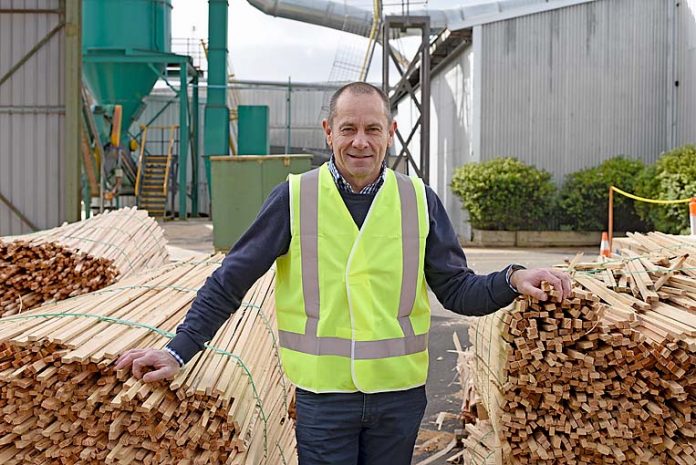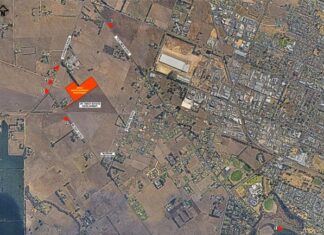
BIOMASS technology could be the most viable solution for the region’s timber processors as surging electricity prices and volatile energy security continue to plague the sector.
Visiting the region this week to meet with industry stakeholders, Australian Forest Products Association (AFPA) SA manager John Stokes said energy affordability and security were key concerns for local manufacturers.
He said while state and federal government appeared to be focused on solar and wind energies, the AFPA would continue to work nationally and locally to “get biomass on the agenda.”
“Solar must be part of the equation people are considering, but we would argue we have this significant resource of residue material that could be utilised for not only individual companies but the industry,” Mr Stokes told The Border Watch.
“Energy prices are a major concern for timber processors – some manufacturers are facing 100 or 200pc increases in costs straight to their bottom line.
“Absolutely renewable energies is an option to reduce the impact of electricity costs and the AFPA is working at a federal level to get biomass technology recognised as a renewable source that should be embraced.”
Mr Stokes said biomass technology was capable of generating base load power and “ticked many boxes.”
“The residue material is anything that comes off the tree that’s not used in the process – timber processors have ample material to fuel biomass technology on site,” he said.
“It’s simple – for manufacturers to have a log and maximise the whole log rather than bits and pieces, that’s a win-win.”
“Here in Mount Gambier there are some champions of biomass – I know Mark McShane at Mount Gambier City Council indicated they were using the technology at the pool successfully.”
Mr Stokes said the AFPA would build an election campaign around three key issues – energy, water and resource security.
“For growers the focus has been on water and the future allocation of water,” he said.
“That’s important for manufacturers as well because they aren’t much good without trees.
“Another concern is resource security, ensuring there are enough available resources for the domestic market so timber processors can plan forward with confidence, which ties into reinvestment plans.”
Mr Stokes said while visiting the region he attended a presentation from state government about an ongoing review of water allocation plans.
“The review is looking forward to see what might happen in terms of reductions or increases,” he said.
“Growers need to be forward thinking because of the rotations and the length of time it takes trees to grow.
“These are the three issues we will ultimately focus on and we will create a manifesto for our campaign – a statement of what’s happening in the industry and solutions to improve things.”








